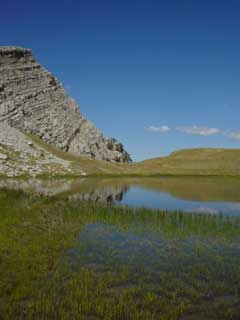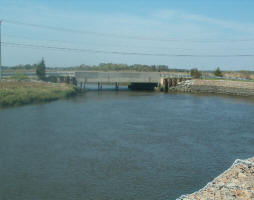 PhD scholarship in Maximising the value of human waste derived fertiliser, Cranfield Unviersity
PhD scholarship in Maximising the value of human waste derived fertiliser, Cranfield Unviersity
We are advertising a PhD scholarship in “Maximising the value of human waste derived fertiliser”.
This will be sponsored by Loowatt and have a stipend of £17,000. It will be supervised by Alison Parker and Ruben Sakrabani.
Loowatt Ltd is a young SME who are implementing a series of toilets with a patented sealing system using biopolymer film. The toilets feed anaerobic digesters to treat human waste and generate energy and fertiliser, specifically vermicompost and liquid digestate. The toilets are being installed in an area of Madagascar where otherwise toilets are non-existent or in a poor state, and human waste is discharged untreated into drains and rivers causing health problems. Two previous MSc projects at Cranfield University had provided background information on market potential for human faecal derived fertilisers in Madagascar. Loowatt believe that the fertiliser they generate can be sold and the revenue used to offset the user costs. This research would test that hypothesis through the following research objectives:
- Test the effect of system inputs on fertiliser parameters (including proportions of food waste, human waste and biopolymer film).
- Evaluate the efficacy of both fertiliser types on crops and soils in Madagascar.
- Develop a business model or models that will include packaging and transportation of fertiliser to market to maximise value of the fertiliser, including carbon finance and establish enabling conditions for these models
- Determine if the enabling conditions exist in two other countries in sub Saharan Africa.
- Determine the applicability of the fertiliser globally using the World Soil Survey Archive and Catalogue maps and other global resources.
A background in agronomy or business would be useful, but the project will be interdisciplinary, so applicants with a background in environmental science, social science and international development will also be considered. A desire to work in low-income countries is essential and previous experience is preferable. The successful applicant will be well organised, capable of working independently and with good communication skills. As the fieldwork will take place in Madagascar, French language skills would also be useful.
The closing date for applications is Feb 15th 2014 and the project will start in April 2014. Unfortunately only EU citizens are eligible for funding.
You can apply at: http://ccwebapps-dmz.dmz.cranfield.ac.uk/prospectuslinks/course/show.action;jsessionid=B758FB442EF697CFEB337BF7A8D39A93?course=PhD+in+School+of+Applied+Sciences
| Contact information | n/a |
|---|---|
| News type | Vacancies |
| File link |
http://ccwebapps-dmz.dmz.cranfield.ac.uk/prospectuslinks/course/show.action;jsessionid=B758FB442EF697CFEB337BF7A8D39A93?course=PhD+in+School+of+Applied+Sciences |
| Source of information | WASH vacancies |
| Keyword(s) | MED-3R, waste management, human waste derived fertiliser |
| Subject(s) | AGRICULTURE , ANALYSIS AND TESTS , ENERGY , FINANCE-ECONOMY , HEALTH - HYGIENE - PATHOGENIC MICROORGANISM , INDUSTRY , NATURAL MEDIUM , PREVENTION AND NUISANCES POLLUTION , RISKS AND CLIMATOLOGY |
| Relation | http://www.emwis.net/initiatives/med-3r |
| Geographical coverage | United Kingdom, |
| News date | 21/01/2014 |
| Working language(s) | ENGLISH |
 you are not logged in
you are not logged in





